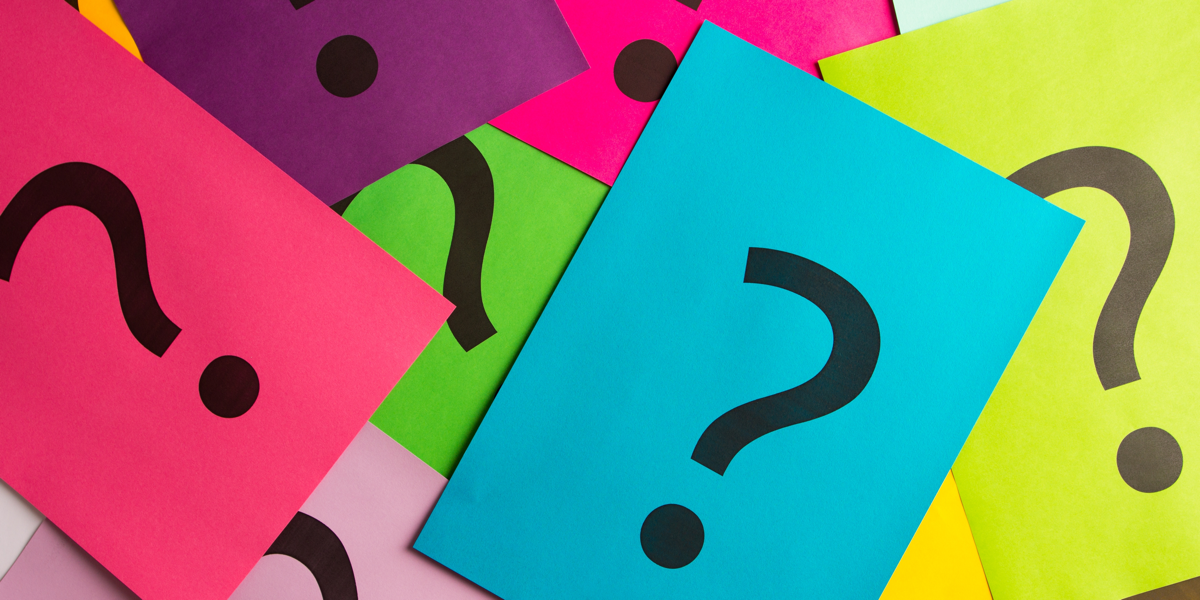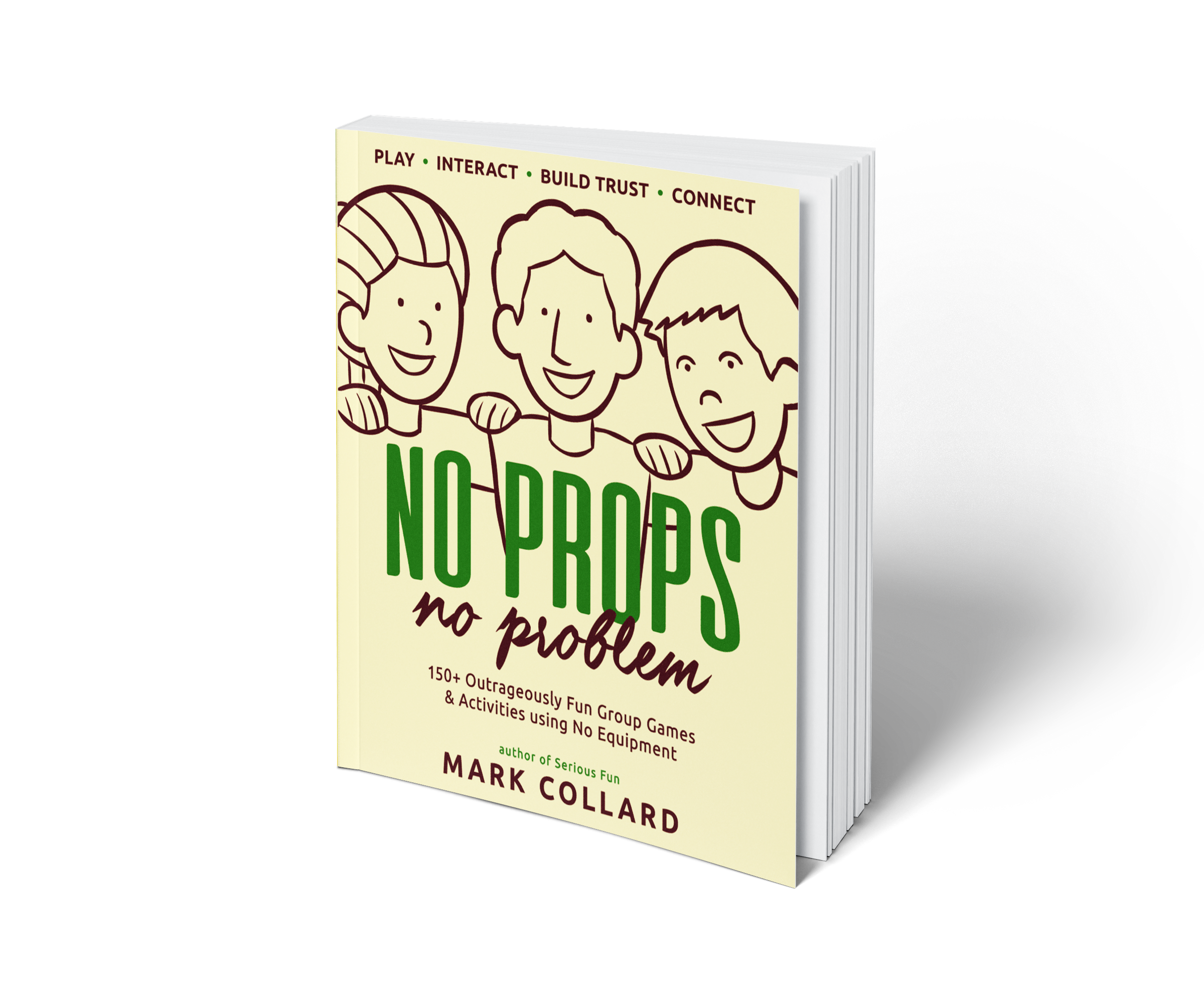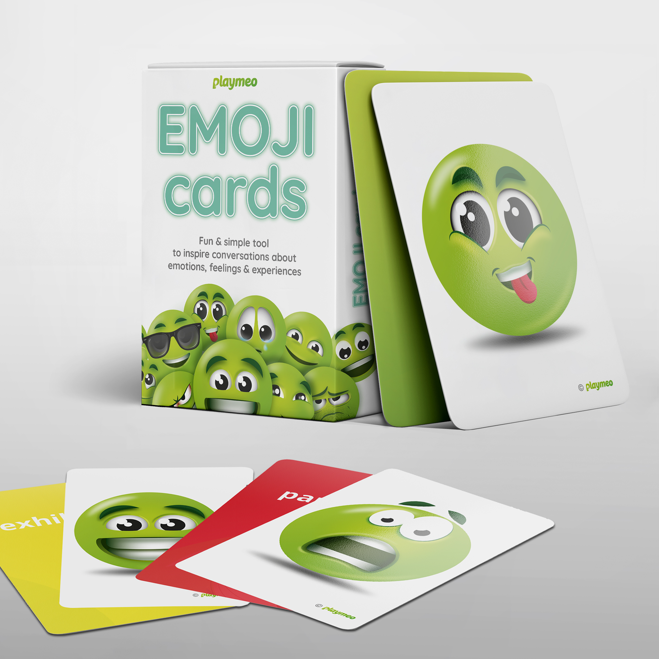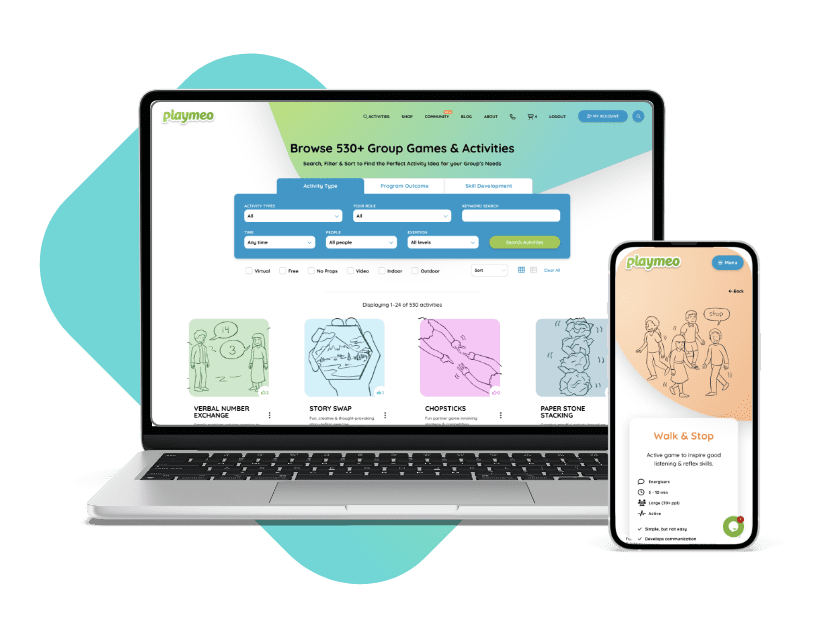Q1. What Did You Notice?
This question is deceptively simple yet incredibly powerful. It invites participants to share their observations without feeling pressured to give the “right” answer.
This is the perfect starting point for your debrief as it aligns with the What? stage of the What, So What, Now What model described above. It focuses on gathering factual, observable information and sets a solid foundation for deeper reflection.
Why it works: It’s non-threatening and open-ended, making it a great way to warm up the group and encourage initial participation.
Q2. I Noticed [ X ], What Does That Mean to You?
As a facilitator, you’re observing your group throughout the activity. Use those observations to kickstart the So What? stage of your debrief.
For example, if you saw that only a few people were actively contributing to a discussion, you might say, “I noticed that only three people spoke during the decision-making process. What does that mean to you?” This question allows participants to interpret the observation themselves, leading to a richer conversation.
Why it works: By anchoring your question in a specific observation, you avoid making assumptions and empower the group to interpret and make sense of their own behaviours.
Q3. How Would You Describe [ Specific Aspect ]?
This question is perfect for narrowing the focus to a particular element of the activity, such as teamwork, communication, or problem-solving.
For example, “How would you describe your approach to planning?” or “How would you describe your group’s communication style?” This question fits neatly into the So What? stage as it encourages participants to articulate their thoughts and feelings around specific aspects of their experience.
Why it works: It challenges participants to reflect deeply on a particular component of their performance, making it easier to identify areas for improvement.
Q4. Where Are We At?
This is one of my favourite or common debrief questions for bringing clarity and focus to a chaotic or complex discussion.
If the conversation is jumping around or you feel lost in a whirlwind of ideas, asking “Where are we at?” helps the group pause and regroup. It’s a great way to synthesize what’s been said so far and identify key takeaways.
Why it works: It cuts through the noise and helps the group consolidate their thoughts, ensuring that the main points are captured and remembered.
Q5. What Will You Do Differently Next Time?
This question is all about action. It transitions the group from reflecting on what happened to planning for future success, making it ideal for the Now What? stage of your debrief.
By asking, “What will you do differently next time?” you challenge participants to apply what they’ve learned and make concrete plans for improvement.
Why it works: It pushes the group to think about how they can use their insights moving forward, turning reflection into a tool for growth and change.
















Original post October 2024, last updated September 2025.